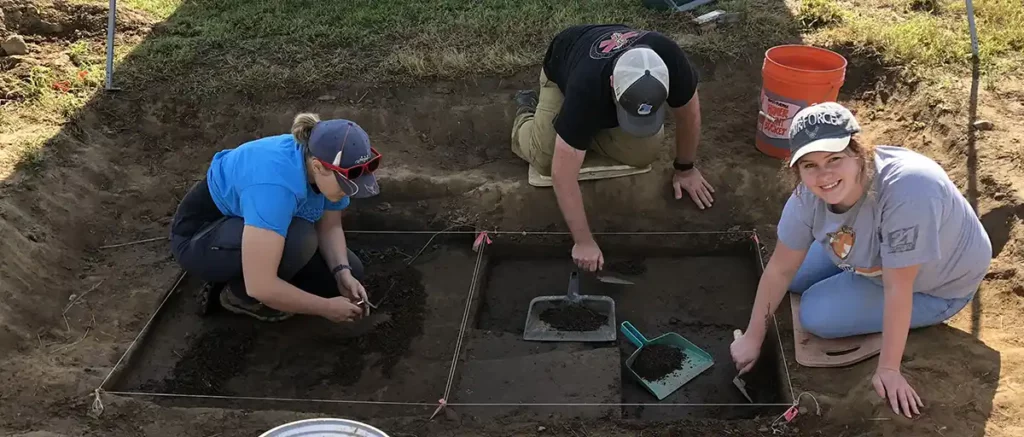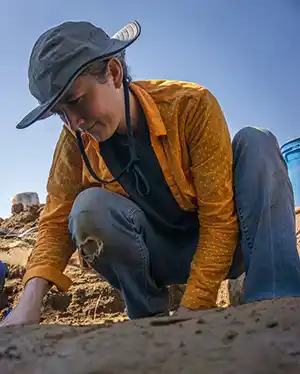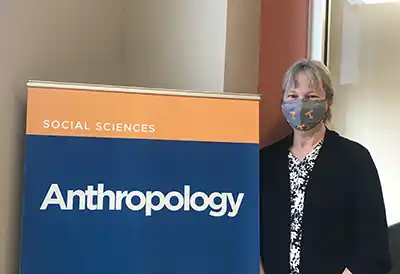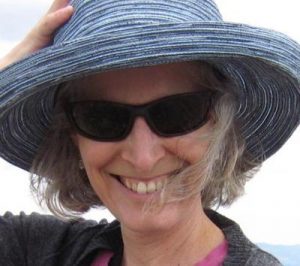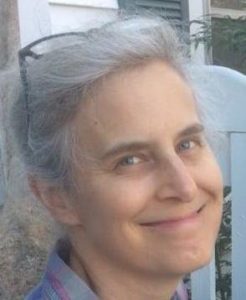DDHR Program Working Papers Series

The Disasters, Displacement, and Human Rights (DDHR) Program is now accepting submissions to a new working papers series. Envisioned primarily as a vehicle for UT graduate students and faculty to share their academic work as it is being prepared for final publication, the series is the brainchild of Raja Swamy, assistant professor of anthropology. It will provide an opportunity for authors to receive feedback on their work and to disseminate it widely to an audience of scholars interested in themes relating to disasters, displacement, structural violence, human rights, and social justice.
When pandemic travel and gathering restrictions are lifted, the series will become an important part of the biennial DDHR conference, enabling conference attendees to develop papers for formal publication.
